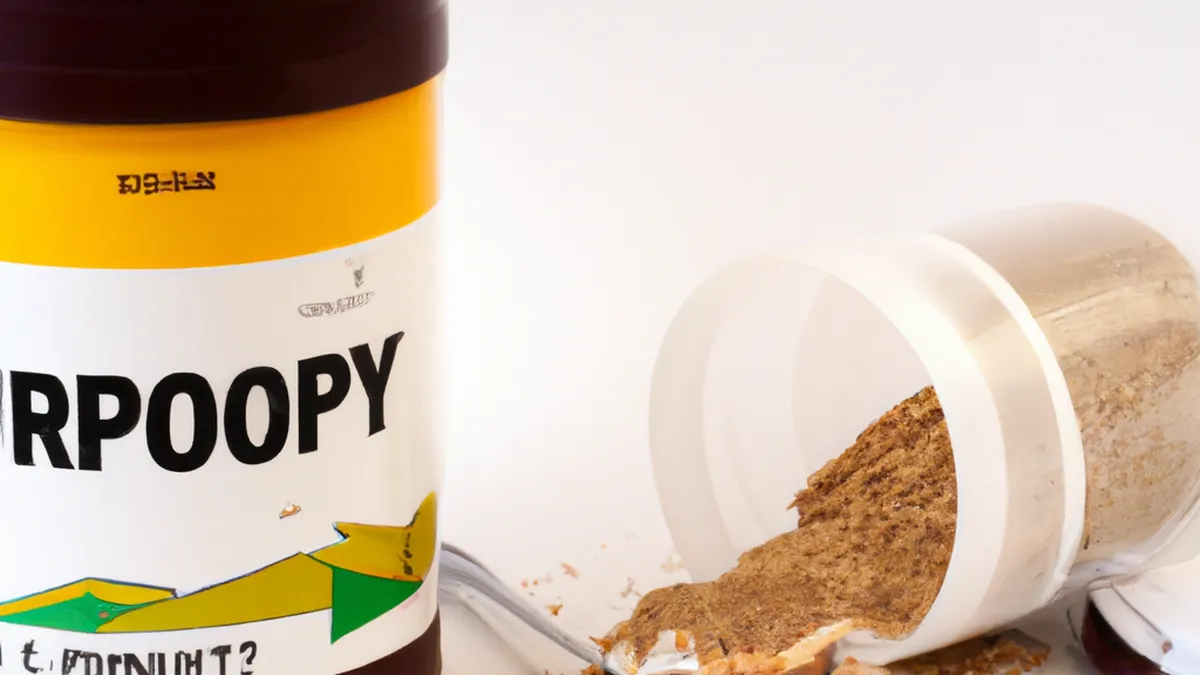Understand Nutritional Shifts from HIIT
The Effect of High-Intensity Interval Training on Post-Workout Nutrition Needs
High-Intensity Interval Training (HIIT) has become very popular. Many fitness enthusiasts embrace HIIT for its efficiency. After an intense workout, your body requires specific nutrients for recovery. Understanding post-workout nutrition maximizes HIIT benefits. This blog explores how HIIT influences nutrition needs and offers recovery tips.
Understanding HIIT and Its Demands
HIIT includes short bursts of intense exercise followed by rest or low-intensity activity. This method pushes your body to its limits. It depletes energy stores and increases muscle breakdown. Proper post-workout nutrition helps replenish energy and aids muscle recovery.
Energy Depletion
During HIIT, your body relies on glycogen stores for energy. Glycogen stores carbohydrates in your muscles. Intense intervals significantly deplete these stores. Restoring glycogen levels should become a priority after workouts.
Muscle Repair
HIIT burns calories and promotes muscle growth. This process creates micro-tears in muscle fibers. Your body needs protein to repair these fibers. Consuming protein after your workout supports muscle recovery and growth.
Tips for Post-Workout Nutrition
Follow these essential tips to meet your post-HIIT nutrition needs:
1. Prioritize Carbohydrates
After HIIT, your glycogen stores run low. Focus on carbohydrates within 30-60 minutes post-workout. Good options include fruits, whole grains, or recovery drinks. These choices help replenish glycogen quickly.
2. Include Protein
Aim for a protein-rich meal or snack after your workout. Combine carbohydrates and protein for the best results. Try to consume 10-20 grams of protein to support muscle repair. Options like protein shakes, Greek yogurt, or lean meats work well.
3. Hydrate Properly
Hydration plays a crucial recovery role. HIIT causes significant fluid loss through sweat. Drink water or electrolyte-rich beverages after workouts. This helps restore fluid balance and supports recovery.
4. Consider Timing
Timing matters for post-workout nutrition. Eat within 30 minutes to two hours after your workout to maximize recovery. This window allows your body to absorb nutrients efficiently.
Advice for Optimal Recovery
Consider these strategies to enhance your post-workout nutrition:
Choose Whole Foods
Prioritize whole foods over protein shakes and bars when possible. Whole foods provide more nutrients and fiber. Include carbohydrates, proteins, and healthy fats in your meals. This balanced approach supports recovery and health.
Listen to Your Body
Everyone’s recovery needs vary. Pay attention to how your body feels after HIIT. If you feel fatigued or sore, adjust your carbohydrates or protein intake. Tailor your nutrition based on your individual needs.
Experiment with Different Foods
Not all foods suit everyone. Experiment with various post-workout meals to find what works best for you. Some may prefer smoothies, while others enjoy hearty meals. Find what satisfies your hunger and aids recovery.
Benefits of Proper Post-Workout Nutrition
Meeting post-workout nutrition needs after HIIT offers numerous benefits:
Enhanced Recovery
Proper nutrition speeds up recovery. This reduces muscle soreness and promotes quicker return to training. You maintain consistency in your workout routine.
Improved Performance
When your body receives the right nutrients, your performance improves. This leads to better endurance and strength during workouts. You’ll feel more energized and motivated.
Reduced Risk of Injury
Adequate nutrition supports muscle repair and lowers the risk of injury. Proper fueling increases resilience. This helps you avoid setbacks that could derail your fitness goals.
Long-Term Health
Proper post-workout nutrition contributes to overall health. Balanced meals support immune function, hormone balance, and mental well-being. A healthy lifestyle leads to long-term benefits.
Conclusion
High-Intensity Interval Training effectively boosts fitness. However, your post-workout nutrition requires special attention. Focus on replenishing carbohydrates, consuming protein, and staying hydrated. Listen to your body and experiment with various foods. Prioritizing post-workout nutrition enhances recovery and improves overall performance. Ultimately, these practices contribute to a healthier lifestyle and help you achieve your fitness goals.
Below are related products based on this post:
FAQ
What nutrients are most important for recovery after HIIT workouts?
After HIIT workouts, it’s crucial to prioritize carbohydrates and protein. Carbohydrates help replenish depleted glycogen stores, while protein supports muscle repair and growth. Aim to consume a mix of these nutrients within 30-60 minutes after your workout for optimal recovery.
How soon should I eat after completing a HIIT session?
It’s recommended to eat within 30 minutes to two hours after your HIIT session. This timing maximizes nutrient absorption and aids in recovery, helping your body to restore energy and repair muscle effectively.
Can hydration affect my recovery after HIIT training?
Yes, proper hydration is vital for recovery after HIIT training. Intense workouts lead to significant fluid loss through sweat, so drinking water or electrolyte-rich beverages post-workout helps restore fluid balance and supports overall recovery.















Post Comment